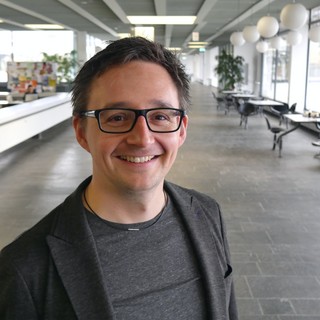Piezoelectric Energy Harvesters for Self-Powered Automotive Sensors: from Advanced Lead-Free Materials to Smart Systems (ENHANCE)
Project Duration: May 2017 - 2021 (48 months)
Funding Agency: EU
Funding Scheme: H2020-MSCA-ITN-2016
The Initial Training Network entitled "Piezoelectric Energy Harvesters for Self-Powered Automotive Sensors: from Advanced Lead-Free Materials to Smart Systems (ENHANCE)" will provide thirteen Early Stage Researchers (ESRs) with broad and intensive training within a multidisciplinary research and teaching environment. Key training topics will include development of energy harvesters compatible with MEMS technology and able to power wireless sensor. Applied to automobiles, such technology will allow for 50 kg of weight saving, connection simplification, space reduction, and reduced maintenance costs - all major steps towards creating green vehicles. Other important topics include technology innovation, education and intellectual asset management.
ENHANCE links world-leading research groups at academic institutions to give a combined, integrated approach of synthesis/fabrication, characterization, modeling/theory linked to concepts for materials integration in devices and systems. Such a science-supported total engineering approach will lead towards efficient piezoelectric energy harvesters viable for the automotive industry. ESRs will focus on this common research objective, applying a multidisciplinary bottom-up approach, which can be summarized by: "engineered molecule advanced material- designed device - smart system". ENHANCE also seeks to intensify the relationship between academic and private sectors, and to train highly skilled young researchers for new materials and device technologies. Both are essential to provide a strong European lead over the rest of the world in this highly competitive industry. The ENHANCE consortium partners recognize that engineering graduates face a rapidly changing work environment, with short product development times and life cycles, rapid evolution of knowledge, new methods of working, and, of course, new career paths and opportunities outside those of traditional PhD academia and research. It is therefore essential to prepare them to address both these challenges along with the complex technical, social, commercial and ethical questions raised by emerging engineering technologies (e.g. in the fields of nanotechnologies, energy, healthcare, environment, raising living standards, etc.) and practices.
Project Homepage
Benefits
The ENHANCE consortium will also address the key doctoral training elements of academic and transferrable skills provision by establishing exciting and attractive academic and transferrable skills modules. In the different Area of Knowledge of the ENHANCE programme, a specific programme of specialisation, tailored on the needs of the chosen research field available at the different partner places, will be proposed to the PhD students and specified in their Personal Career Development Plan. We will ensure co-ordinated provision of these key doctoral training elements that can best leverage on the international capabilities of the consortium, on its unique and complementary skills base reflecting both national and regional strengths and, on the on-going developments of new curriculum in the fields of materials, modelling, devices and systems for energy harvesting and future vehicles. The academic skills provision will build from the assumption that all the centre skills education programmes will be modular, with specific credit modules and available across the partner centre sites using both traditional (lecture, seminar, summer school, workshop) and widely developed web-based delivery actually developed by several partners. A key topic for 21 century engineers will be technology management including topics such as technology innovation and intellectual asset management. The opportunity for the ESRs to explore and acquire these multidisciplinary skills within the international context of ENHANCE will uniquely position them for the future. The rapid race of engineering research and the steady integration of engineered technology in our infrastructure and life, calls for more involvement from engineers, scientists and technologists in the setting of public policy and in participation in the civic arena.
Contact Person
-

Dr. Thomas Fischer 421 322b
- Phone
- +49 221 470-3292
-
t.fischer
uni-koeln.de
